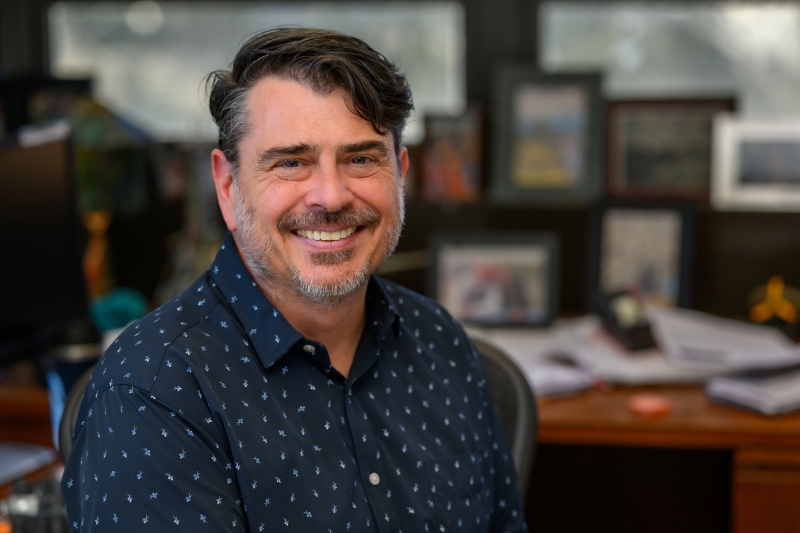Professor Mark Drumbl on Residuality and Responsibility in Sierra Leone In an article on OpinioJuris, Drumbl discusses the legacy of the Special Court for Sierra Leone and its residual function.
Washington and Lee law professor Mark Drumbl has published an article at OpinioJuris, the leading international law blog. In the article, titled “The Afterlife of a Court: Residuality and Responsibility in Sierra Leone,” Drumbl discusses the legacy of the Special Court for Sierra Leone (SCSL), the international court that prosecuted four cases involving war crimes and crimes against humanity committed in that country in the 1990s and early 2000s.
As Drumbl explains, the SCLS was established in 2002 and transitioned in late 2013 and early 2014 from an active court to a court-like residual mechanism, the RSCSL, which supervises ongoing sentences, protects witnesses, attends to administrative matters, curates the institution’s legacy, and stands ready to complete more demanding legal work should the need arise.
“Residuality is a theme that now engages the temporary international(ized) courts (Rwanda (ICTR), Yugoslavia (ICTY), Cambodia (ECCC)). They are shut down, but still remain ‘open’. Their work is complete but necessitates ongoing monitoring and thus also remains work-in-progress,” writes Drumbl. “Despite its operational prevalence, residuality remains under-conceptualized and under-theorized as a branch of international criminal law enforcement. This post offers some thoughts about residuality (and responsibility) sparked by my time in Serra Leone. These thoughts might reframe ongoing conversations about the nature of residuality, how to speak of institutional endings and afterlives, and perhaps new beginnings along the way.”
The full post is available on the OpinioJuris blog.
If you know a W&L faculty member who has done great, accolade-worthy things, tell us about them! Nominate them for an accolade.
 Mark Drumbl
Mark Drumbl
You must be logged in to post a comment.